
X/Keir_Starmer
London: With Keir Starmer poised to become the new Prime Minister of the United Kingdom, the future of the India-UK Free Trade Agreement (FTA) takes center stage. Starmer, the leader of the Labour Party, has made it clear that his administration will prioritize strengthening relations with India under Prime Minister Narendra Modi, signaling a shift from the previous leadership's stance.
India and the UK have been working towards finalizing a Free Trade Agreement aimed at expanding their £38.1 billion bilateral trading partnership. However, the process has been stalled due to overlapping national elections in both countries. Now that the election cycles are complete, there is renewed hope for resuming and advancing the FTA negotiations, which have been ongoing for the past two years.
Keir Starmer has emphasized his commitment to nurturing a strong strategic partnership with India. This marks a significant departure from the previous Labour Party leadership under Jeremy Corbyn, who was criticized for his contentious views on India. Labour Party Chair Anneliese Dodds assured voters that the party has addressed past issues, stating, “We are confident that we have cleansed our ranks of any members with extremist views on India.”
In Labour’s election manifesto, the FTA was a prominent feature, reflecting their goal to pursue a new strategic partnership with India. Starmer’s approach includes a focus on expanding cooperation in technology, security, education, and climate change.
Despite the optimistic outlook, several challenges remain in the FTA discussions. A major point of contention is the UK’s demand for reduced tariffs on key Indian exports, such as food and automobiles, which currently face tariffs as high as 150%. Additionally, disagreements over the UK’s immigration policies, particularly concerning Indian service sector workers, have complicated negotiations.
India has also expressed concerns over proposed UK regulations, such as a carbon tax similar to the EU's carbon border adjustment mechanism. These regulations could potentially undermine the tariff concessions central to the FTA.
Recent virtual meetings between Indian and UK officials have sought to revive discussions, focusing on economic evaluations and introducing new topics like environmental sustainability, labor rights, gender equality, and digital trade into the FTA framework.
As both nations adjust to their new political landscapes, the future of the India-UK Free Trade Agreement hinges on resolving these critical issues. With Starmer's leadership, there is renewed optimism for progress in this important bilateral trade initiative.
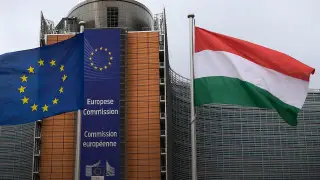
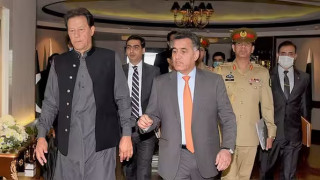
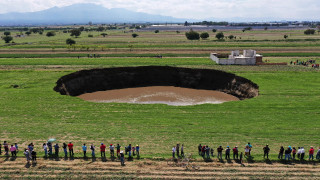
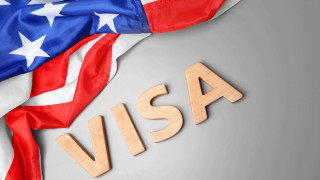
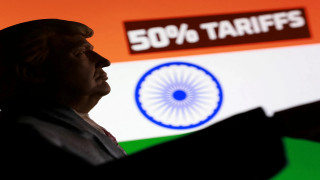








Copyright © 2025 Top Indian News
